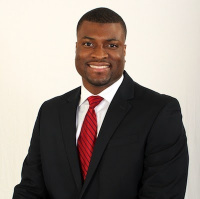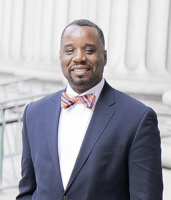Ridgewood DUI-DWI Lawyer, New York
Sponsored Law Firm
-
 x
x

Click For More Info:
-
Henry Law
825 E Gate Blvd Suite 106 Garden City, NY 11530» view mapEmployment, Bankruptcy, Criminal, FMLA, Civil The Difference.
We practice in an array of practice areas, and employ modern technology in helping you achieve your legal objectives.
800-974-2431
Ronald Steven Nir
✓ VERIFIEDRonald Nir has represented individuals and corporations in Criminal Cases for more than 30 years. He has tried to completion well over 250 felony a... (more)
George A. Vomvolakis
✓ VERIFIEDIf you have been charged with a crime in New York City, Westchester or Long Island you need an attorney who is well versed in local laws and knows how... (more)
Gregory J. Watford
Gregory J. Watford is the founder and managing partner of The Law Firm of Gregory J. Watford, Esq., PLLC. With offices in Manhattan and Westchester, A... (more)
FREE CONSULTATION
CONTACTFREE CONSULTATION
CONTACTFREE CONSULTATION
CONTACTFREE CONSULTATION
CONTACT Chauncey Henry Garden City, NY
Chauncey Henry Garden City, NY Practice AreasExpertise
Practice AreasExpertise




